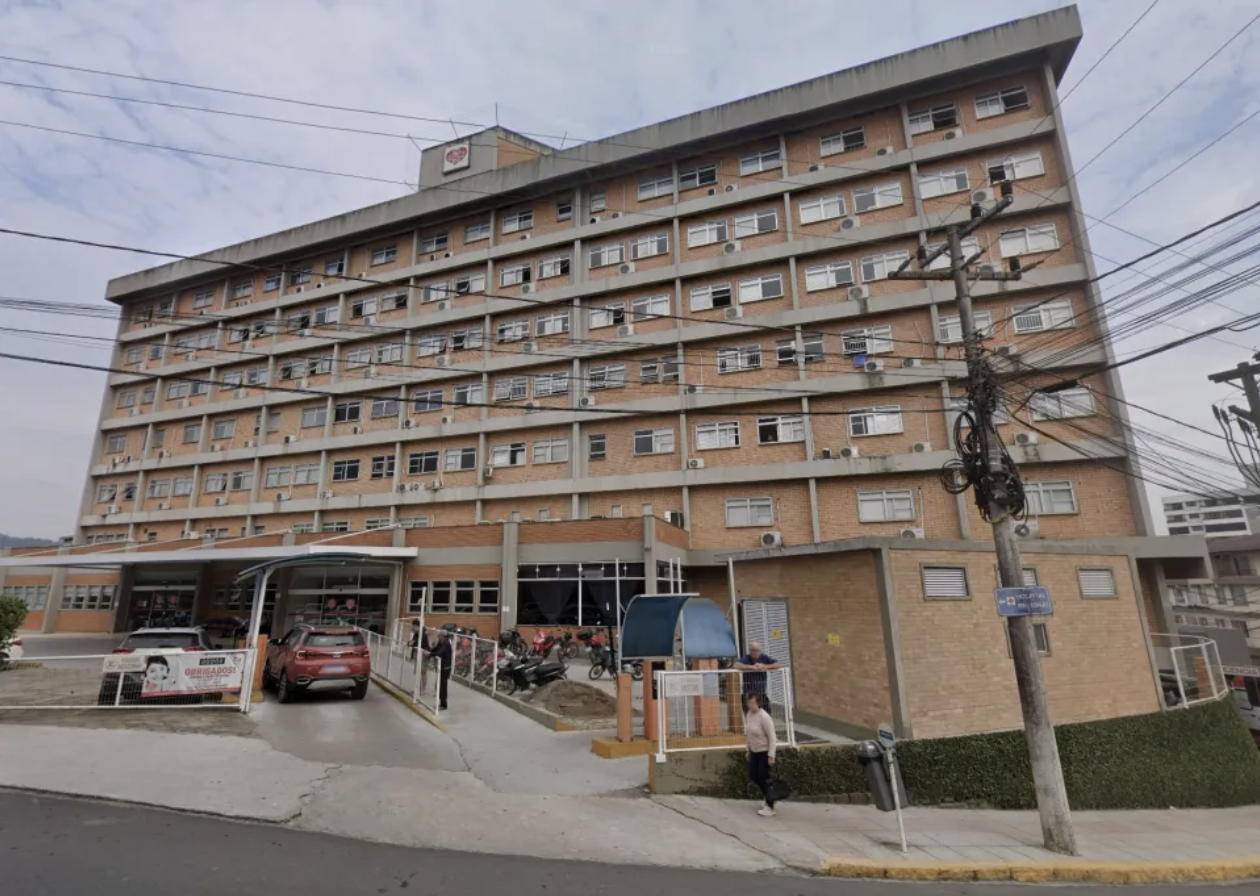On 20/8, Alto Vale Hospital in Rio do Sul reported that the patient was undergoing a routine checkup to monitor kidney stones when the incident occurred.
Iodine-based contrast dye is injected intravenously to enhance images of organs and tissues during scans, helping doctors make more accurate diagnoses. Although considered safe and widely used, this type of dye can cause serious reactions in rare cases, with a frequency of between one in 5,000 and one in 10,000 uses.
Leticia was pursuing a postgraduate program in law and real estate business. Her funeral was held at the Casa Mortuaria Jardim Primavera Funeral Home in Rio do Sul before cremation at the Vaticano Crematorium in Balneario Camboriu.
"My niece was a dynamic young woman with a strong personality. She was passionate about law and constantly learning. With such great ambitions, I’m sure she would have become a talented lawyer," said Sandra Paul, the victim’s aunt.
Alto Vale Hospital expressed condolences to the family and committed to maintaining ethics, transparency, and patient safety. They stated that all procedures were performed in accordance with clinical protocols.
 |
Alto Vale Regional Hospital - where the young law student died. Photo: Jam Press |
Alto Vale Regional Hospital - where the young law student died. Photo: Jam Press
A similar incident occurred with Yvonne Graham, 66, who died from suspected anaphylaxis to contrast dye during a CT scan at Northampton General Hospital. Ms. Graham suffered cardiac arrest a few minutes after the injection and died two hours later.
Ms. Graham's daughter believes her mother should not have been injected due to her stage three kidney disease and might have survived if an EpiPen had been available in the scanning room. The UK's National Health Service (NHS) advises patients to report kidney or thyroid problems before undergoing scans.
The National Kidney Foundation warns that contrast dye can cause kidney problems or complications in patients with pre-existing kidney conditions. The UK NHS confirms that CT scan complications are rare, but some people may have an allergic reaction to the contrast dye, causing weakness, sweating, and difficulty breathing.
Most patients experience only mild symptoms, such as a burning sensation, nausea, or itchy skin. Medical facilities are always prepared for emergencies, although sometimes timely intervention is not enough to save the patient.
Hoang Dung (According to The Sun)












